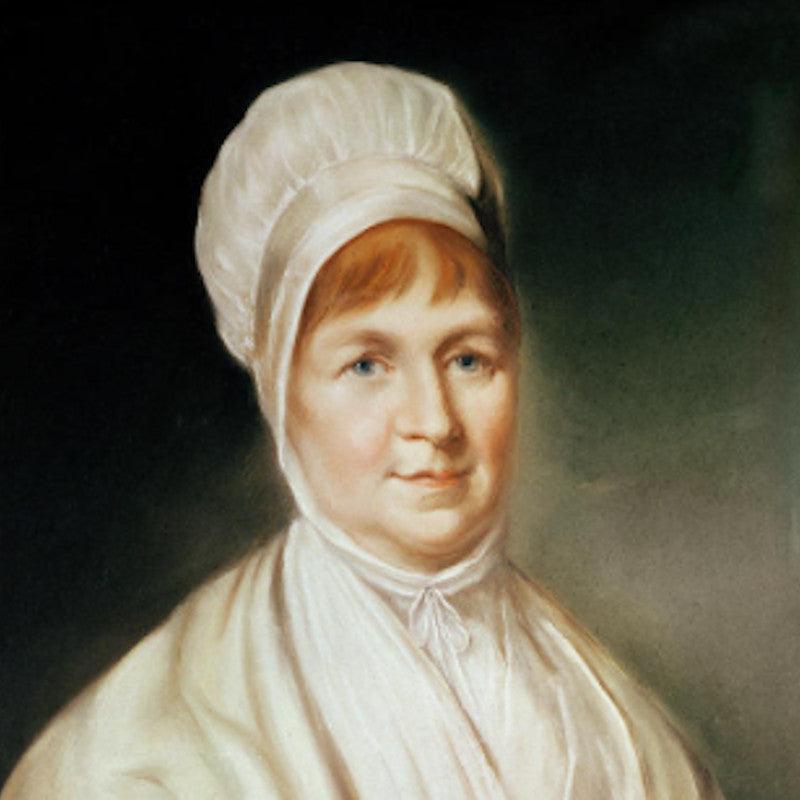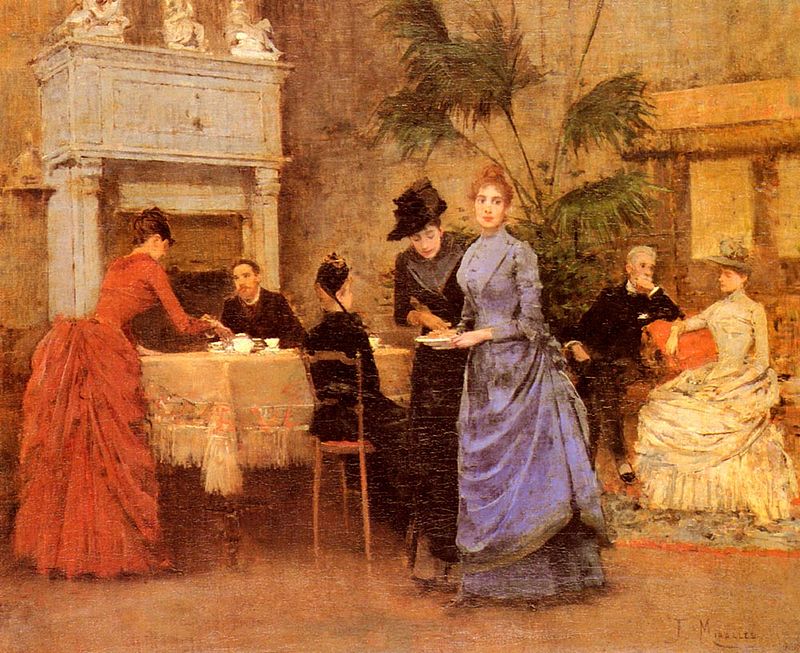You likely know the story of how Jane Austen’s aunt, Jane Leigh Perrot, was falsely accused of stealing from a haberdashers in Bath and prosecuted at Taunton Assizes. It is thought that the accusation was an attempt to blackmail the family, known to be wealthy and comfortable. The trial itself, held in March 1800, reportedly lasted several hours but when the jury was asked to make a decision, only took fifteen minutes to acquit Jane.
The best account of the trial is still Frank Douglas MacKinnon’s Grand Larceny (1937), which contains a number of letters addressed to Jane and her husband, James. On pages 26-27, there is a long letter from one 'RW' to James Leigh Perrot, discussing the charge against Jane. Three passages, however, have been mysteriously omitted by MacKinnon, the first of which is particularly important.
Below is a complete transcription of the letter with the three missing passages, indicated by square brackets. The only author to comment on the complete text has been William Galperin, author of The Historical Austen (2003), on pages pages 39-40.
Grey Hound Inn,
Market Place,
Oct 29
Sir, Your known Honor would induce me to address you in Person instead of adopting this method of informing you of Circumstances with which it is proper you ought to be made acquainted, but I am obliged to earn Bread for a large family in any honest manner I can; and although it is my hard lot to get that Bread in the employment of one of the greatest Rascals that ever lived, I have the conscious pleasure of knowing that I have more than once been of service to those who might have suffered from his dishonesty. The Nature of my Employment obliges me to be placed so near the Consultation Room of Gye (the Villain I allude to) that he has no Idea of my hearing what I do. Their Meetings are frequent and considerably are they disappointed that no Offer from you has been made to buy off the Witnesses against your innocent and highly injured Lady; they have tried to find some safe Method of proposing this themselves, but are afraid of each other. They are circulating the most false and injurious calumnies to prejudice Mrs Perrot in the Eye of the World, but they find she has too many Friends for this purpose to succeed to their Utmost wish …

[It certainly however will induce those who have not known the goodness of her character to side with them. This black Hearted man had the great Audacity to wait on a Lady in the Upper town (the Wife of one of the most truly respectable Inhabitants of this City) to request that she would come forward as a Witness that Filby folded up the parcel in her presence and that there was nothing in the paper excepting the black Lace Mrs P had bought. His reception was, however, so different to what he had hoped that I believe he repented having applied. She was sitting in their back office waiting the writing of her bill when Filby brought in the parcel half folded up; this she certainly saw, but how could she say what the paper contained? nor did she know what Mrs P had purchased; indeed her Evidence would go against Filby (if she were to appear) for she could not but remark that in folding the paper he appeared incredibly Agitated and Hurried, but this she supposed, at the time, might be owing to his having been told that his dinner was ready. Her husband happening to come in just when Gye was going out she asked him to tell the Gentleman what had been his errand. His observation to Gye was that he had applied to the wrong people for this purpose as although they were not themselves acquainted with Mr & Mrs P they had for a number of years too well known the Excellence of their Character to doubt for one moment of their innocence. He further observed that he had heard that Filby had deposed that he folded up the paper, with the Lace which Mrs P had bought, and delivered it to her as she stood in the Shop. How could this agree with their wishing his Wife to swear that she saw him fold it up in the back office in which Mrs P had never been? From the very first View the Fraud was discoverable. These particulars the Lady told the writer of this, and wished there could be any way of letting Mrs P know it. At some future time she may be named.]
-
Gye has one more Card to play he boasts. If Mrs P should not offer some considerable remuneration for the expenses they have been at, he will publish a Ludicrous Print of your Crest, with a Card of Lace, & other Articles in the Parrot’s bill. But be firm, Sir, give the Rogue Rope enough & he will hang himself.
-
[I live in hopes of seeing the tables turn’d on him; and be assured that upon the very first Opportunity which offers myself, as well as many others, will publicly join in his overthrow.]
-
I look upon a religious Hypocrite to be the most dangerous of all Sinners, & this Man under that disguise is employed to relieve distresses by Charitable People, whose Bounty is never half received by those for whom it is intended. His language throughout the City is that if the trial takes place Mrs P’s transportation is certain.
-
As I am informed that your Servants forward any letters directed to you every week I shall leave this at your House, and with my hearty wishes for the health and Prosperity to yourself & Mrs Perrot I shall ever remain, Worthy Sir,
Your devoted humble servant,
RW
-
What do you think of these missing passages? It is rather curious that they have been omitted. We'd love to hear from you if you know more!
David Pugsley is the Hon Archivist of the Western Circuit, an organisation for barristers between Gloucester and Winchester and Land’s End. He gives talks and writes articles about the history of colourful barristers and leading criminal cases, mainly murders, and the law of duelling in the area of the Circuit. He read Emma with a lawyer’s critical eye, looking at the evidence. He would have liked to cross-examine Augusta Elton.
-





Leave a comment
This site is protected by hCaptcha and the hCaptcha Privacy Policy and Terms of Service apply.